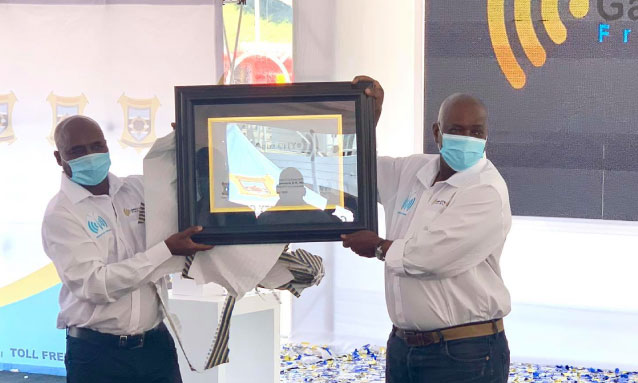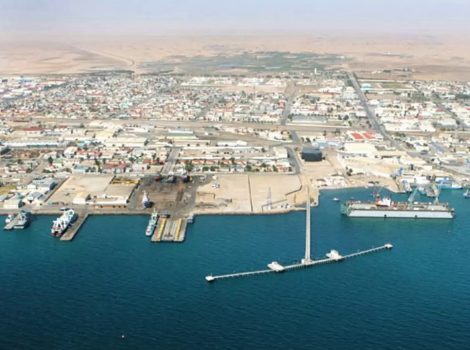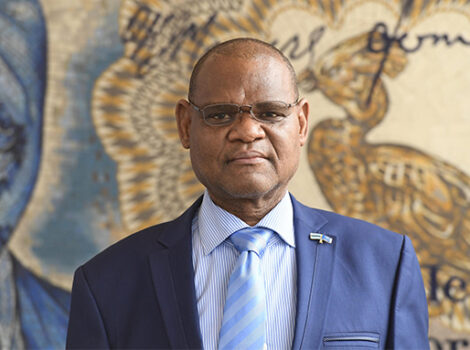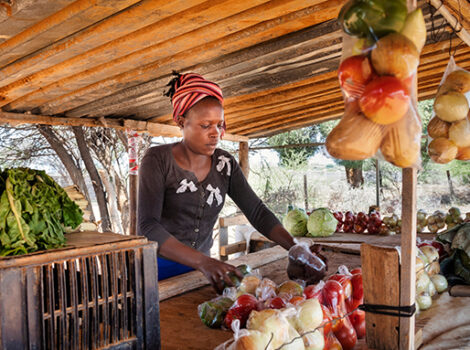
Some parts of Gaborone where the Botswana Fibre Network (BoFiNet) has internet hot-spot infrastructure will soon enjoy free internet, courtesy of the Gaborone City Council (GCC).
The free internet initiative has come about because of a strategic partnership between GCC and BoFiNet, through which the latter will offer free one-hour public WI-FI internet access to the general public on existing BoFiNet WI-FI infrastructure. GCC spokesperson, Segametsi Kebonang said last week that the internet hotspots will go a long way to ensuring that people in Gaborone have easy access to information. She said she believed this would enhance creativity and innovation, which she said is vital for economic diversification. Botswana is currently heavily reliant on diamond exports, the country’s number one revenue earner. However, COVID-19 has exposed the over-reliance on minerals revenue, forcing the government to look to other sectors such as Information and Technology (ICT).
“It is with this initiative that the council wishes to also enhance service delivery by inter, alia providing access to its services online”, Kebonang said.
Basic broadband connection in Botswana remains incredibly expensive and is ranked among the highest on the African continent. Most people rely heavily on data bundles, which ultimately work out way more expensive. At the same time, internet quality still leaves a lot to be desired. The government through the National Broadband Strategy, spearheaded by BoFiNet, has undertaken projects to improve the country’s connectivity. BOFINET projects such as FTTH and FTTx, which are ongoing, are expected bring Batswana internet access in the comfort of their homes and offices in 2020 and beyond.
The GCC-BoFiNet Friday launch also comes at a time when the Alliance for Affordable Internet has warned that without urgent action to accelerate progress, the global community would not achieve its goal of affordable, universal internet access until 2042 — over 20 years past the target date of 2020.
President Mokgweetsi Masisi, who was the guest speaker, said,
“In the globalised world that we live in today, information and communication technologies, more than ever before, have become critical tools for the development of any nation. Indeed, ICT enhances productivity in all sectors of the economy and as such, has become a critical requirement for advancing our National Development Agenda.
It will also ensure that we achieve a knowledge-based economy, as espoused in our National Vision 2036 of which I am champion. ICT is undoubtedly one of the ladders through which some of the “quick wins” in addressing developmental challenges can be achieved. It is against this background that the Government deems it necessary that all citizens should have access to the internet so that the ideal of “Leaving No One Behind” as envisioned by the Sustainable Development Goals, is realised.”
“The National Vision 2036 identifies generation, adoption and adaptation of technology and innovation as one of the imperatives of the National Transformation Agenda. We will leverage leading information communication technology (ICT) as a key contributor to economic growth and employment while also enabling an efficient private and public sector. The provision of internet services will enhance creativity and innovation, and as such, facilitate economic diversification.”
The president said internet use has become a daily necessity in the lives of many people and organisations alike such as Government, the private sector and stakeholders as they use it for business transactions and networking. He explained it is against this background that the government pledged during the campaign of the hugely and hotly contested general elections of 2019 to ensure that the use of ICT in Government and the private sector is intensified. He insisted the Government is committed to the automation of services including:
- The payment of old age pensions
- Rates and other local charges and levies
- Payment of utility bills
- Payment of police fines
- e-Health
- e-Agriculture
- And all forms of commerce
Reference: BOPA



